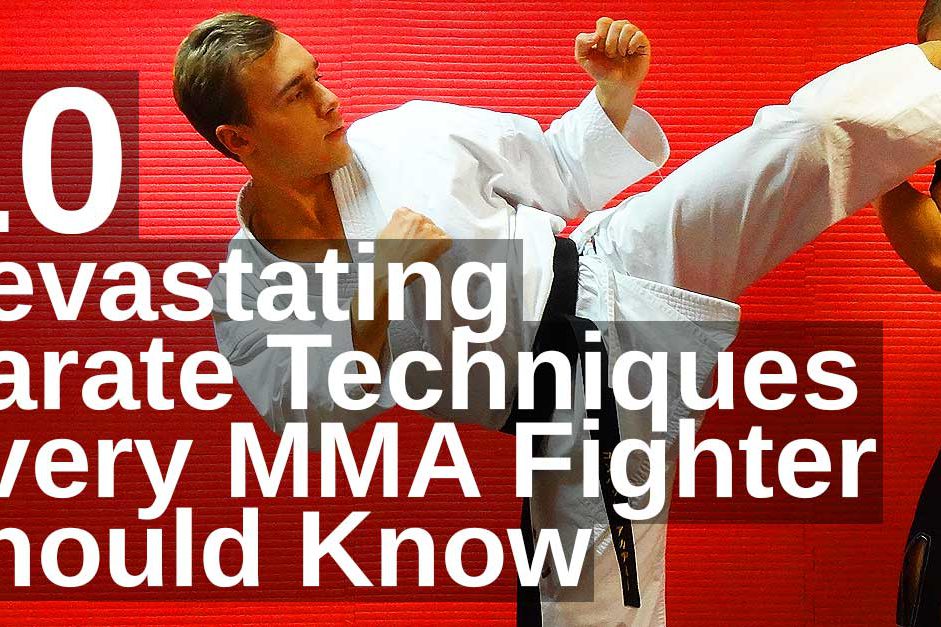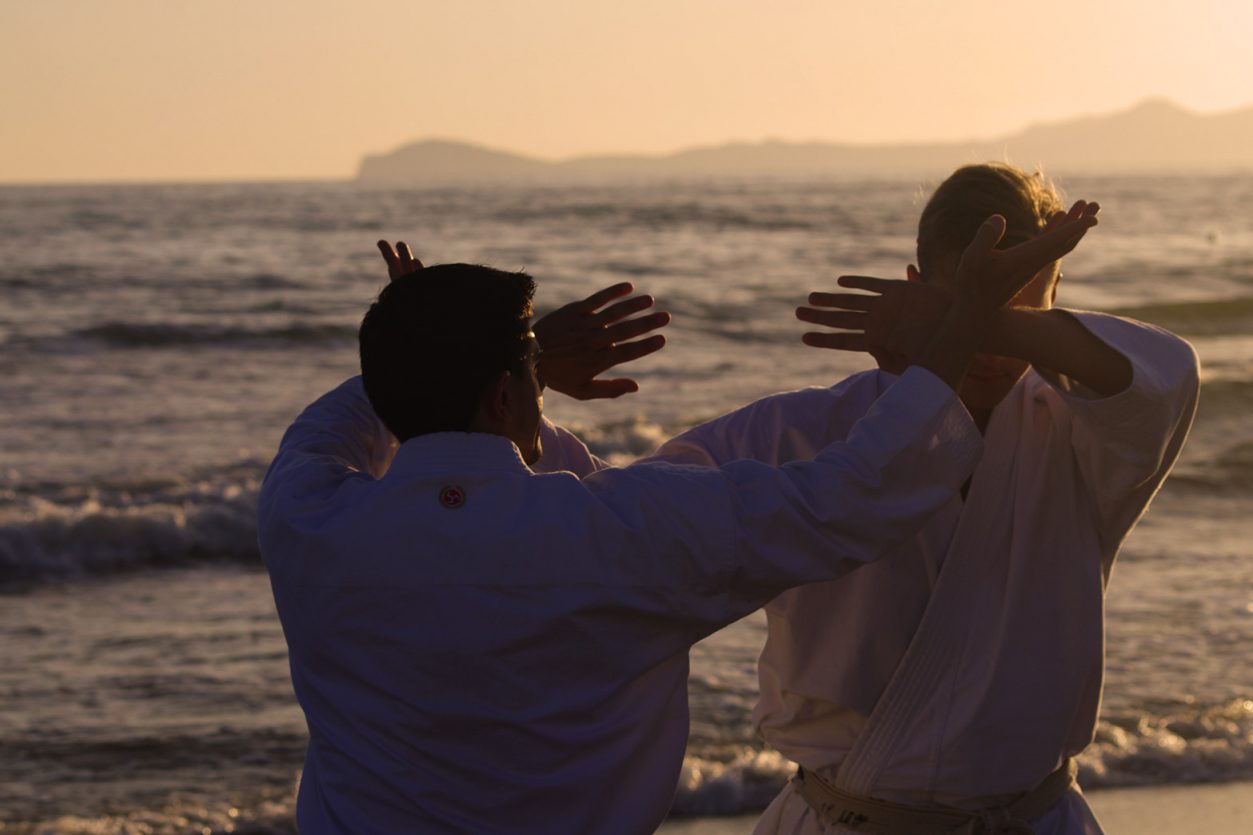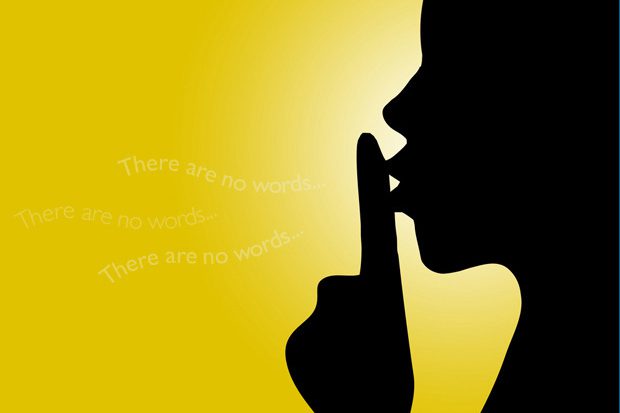Now and then people ask me what I work with.
You know, what I do for a living.
“Omigosh, you must have a great boss that lets you go to all these awesome Karate tournaments and adventures, Okinawa, Japan, training camps, yadda yadda…”
Because, surely, Karate can’t be my job? You can’t work with something as wacky as jumping around in a white pajama, screaming stuff in pseudo-Japanese, pretending to be on a battlefield… can you?
.jpg) Can you?
Can you?
You can.
Because I do work with Karate.
(And all the stuff that comes with it…)
Many people do. I’m not special.
Luckily, I’m one of those people that have the privilege of working with something I actually like. Well, most of the time at least. It’s fun. Sometimes even really fun. Teaching both kids and adults. Training myself.
But… some stuff really grinds my gears.
I mean, some stuff that students occasionally do.
Stuff that we ALL occasionally do, when learning.
So, I thought I would simply make that stuff public here, for all learners (not only of Karate!) who want to make sure that they’re really connecting with their teacher and making the best out of every class. Because, if you ask me, what makes or breaks a class is always that connection between teacher and student.
And that connection is fragile…
See, most teachers – whether in regular school, your dojo, the downtown yoga studio or neighborhood community centre – are driven by something else than pure salary. Most likely they didn’t choose to teach because of the possibilities of making big bucks, or having a nice yacht, because those possibility are slim.
No, they chose to teach because they consider it a “calling”.
A strong inner conviction.
While most people who work at McDonalds, Starbucks or Domino’s might not give a flying a$$ about making the best hamburgers, caffè lattes or pizzas; a techer is diametrically opposite.
They care.
More than your next door salesman.
That’s why they became teachers.
It’s a job, sure.
It gets them food on the table, yeah
But it’s more than that.
It’s about establishing a connection with students to ultimately guide them in a process of growing both inside and outside of the classroom, dojo, yoga studio or wherever else you might be teaching. Any teacher worth his/her salt takes this connection super duper seriously. In fact, they think about it most of the time.
So, with that being said, let me now show you five quick and easy ways to instantly and totally ruin that connection.
I hope you never find yourself doing any of what I’m about to reveal.
Please forgive me if I am about to sound like a total dojo nazi:
#1: You Stop Practising When Your Sensei Comes.
This is completely mind. Blowing.
And ill. Ogical.
But it happens all the time!
So, as a Karate teacher, I walk around the dojo inspecting the students, right. Looking for strategical places of improvement (errors), checking that everyone knows how to do techniques, making sure that they sweat, scream a little, poke a little, demonstrate a little… you know, the usual.
But now and again, somebody will stop.
They’ll take a “break”.
And, for some reason, the best time to take a break seems to be when I’m standing right in front of them – ready to actually look at them.
It’s always as strange.
Like, picture me standig there, all silent – and the student standing there, all silent. Then I walk away, and don’t return to that student for the rest of class. You had your chance, sport.
“God forgives”, I don’t.
Now, I don’t know about you, but when I’m in Japan and a teacher is giving me his full attention, if just for a couple of seconds, I will always make sure I don’t waste our time by “resting”. Never. Personally, my ego is not inflated enought to pull that off with a straight face. And it doesn’t matter where in the world you are, Japan, Sri Lanka or Peru.
Also, I frankly don’t care how “tired” you are.
You can ALWAYS do just one more.
Rest when your teacher has walked over to the next student… if you really must “rest”.
Because your teacher doesn’t do this for the money.
But you’re making him/her reconsider.
#2: You Forget What You’ve Been Taught.
You’ve forgotten some tiny detail on some obscure technique. So what.
Big deal.
- You’ve forgot a whole friggin’ kata though?
- You’ve forgot a whole super awesome kumite combination though?
- You’ve forgot a whole series of bunkai to some kata though?
- You’ve forgot some history stuff your sensei told you thought?
Last name Acceptable, first name Un.
If your sensei has decided to take some of not only his, but all of the other students’, precious time – to personally teach you something; you’d better remember it.
Like, forever.
Video film it. Take pictures. Take notes.
Whatever the heck you do, you do not forget it.
You simply don’t.
Because, not only does that tell your teacher that his/her teachings aren’t valued higher than cheap entertainment (which you can, and perhaps should, forget), but it slows your own progress.
Personally, if I was to forget something that, say, one of my sensei in Okinawa taught me, I would never go back unless I was absolutely sure I remembered it perfectly – and preferably had improved to some extent.
Otherwise I wouldn’t be worthy of learning anything new, would I?
So what’s the point of going back to class, just to embarrass myself along with everyone (sensei, sempai) who believe(d) in me?
Don’t disrespect your teacher by forgetting what he/she taught you.
Because your teacher doesn’t do this for the money.
But you’re making him/her reconsider.
#3: You’re Not Putting In Effort.
Now, obviously you should always put in some effort. That’s a given.
(Otherwise, what’s the point of training?)
But… there’s several levels of effort.
And, depending on how serious your instructor takes this whole Karate teaching stuff, his/her level of commitment (which needs to match your level of effort) might vary from time to time.
So your job is to constantly monitor it.
Call me weird, but to me a teacher is like a conductor – conducting an orchestra.
As a student, you’re a player. Instrument = fists.
Thus, if your sensei goes “HAIYAA! TEN PUSHUPS AND FIFTY KICKS!” like a maniac, screaming on top of his/her lungs, you’d better do those pushups and kicks like there’s no tomorrow.
Conversely, if your sensei gently whispers in your ear that you need to twist your opponents hand just a liiiiittle bit more to elicit a more effective pain withdrawal response, you’d better do it calmly with control.
Listen, and adjust.
A good teacher will, just like a good conductor, vary the intensity, duration and direction of his teachings constantly throughout the lesson in order to not only maximize the amount of information processed by the students at that very moment, but more importantly to provide a unique learning experience each class, thereby making the students become even more excited to learn more and more and more and more. And more.
So listen, look, and try to feel what level of effort your sensei is seeking from you at every monent.
Most likely, it will not be what he/she was seeking ten minutes ago.
Put in that effort.
Because your teacher doesn’t do this for the money.
But you’re making him/her reconsider.
#4: You’re Yawning. Arms Probably Crossed Too.
Some people would argue that martial arts is all about control.
I agree.
Controlling the situation, controlling one’s environment, controlling an opponent… and most importantly controlling oneself.
Not only the mind, but bodily functions too.
Especially those that send the following message:
“I’m bored. I’m tired. I’m not interested. I’d rather be somewhere else. I know this already. I wonder what’s for dinner tonight.”
Because that’s exactly what yawning and standing with your arms crossed does.
It is my firm belief that the instant your sensei sees you shoot off a huge yawn, his/her mood drops straight to the ground… and will most likely not be found for the rest of the class.
If the teacher is professional, you won’t really notice it though.
See, I’m not trying to brainwash you, or change you for that matter. I’m not even trying to help you. (I’m actually an asshole). I’m just trying to let you know that by letting your inner caveman shine through – by yawning and/or standing with your arms crossed etc. – you’re essentially ripping apart that connection of mutual interest between teacher and student.
Poof.
Gone.
But it doesn’t have to be that way.
“Can you not control your body?”, I ask. Stop the yawning. Let your arms hang to the sides. Be neutral, and open. Don’t try to look overly excited, that just creeps people out. Be normal, look normal, act normal. Whatever normal looks like. It’s just Karate class, chill out. Wake up. Head up, eyes open.
You’re here to learn, and nobody is forcing you. So stop acting like it.
Because your teacher doesn’t do this for the money.
But you’re making him/her reconsider.
___________________________
That’s what grinds my gears for today.
So… am I an overly sensitive wuss? Am I a frickin’ dojo nazi?
Probably both.
The “bad” news is, your sensei might just be too.




36 Comments